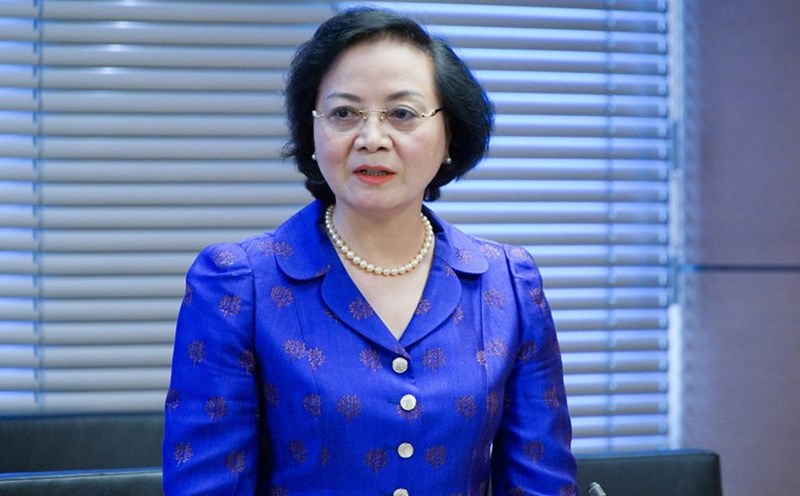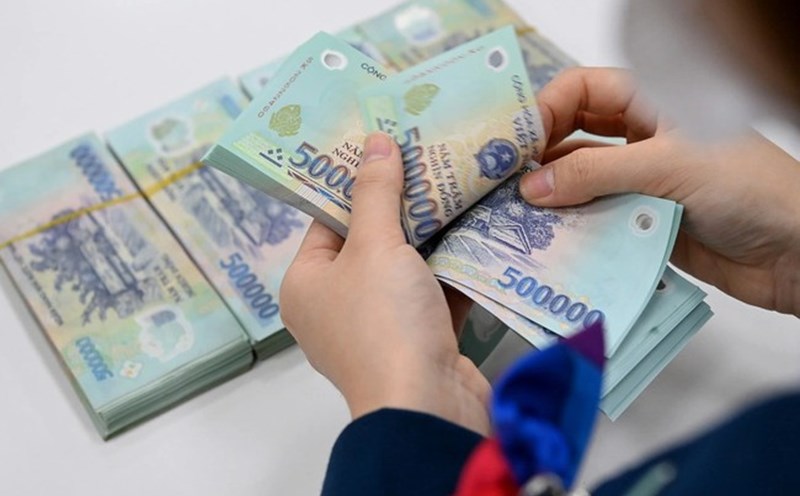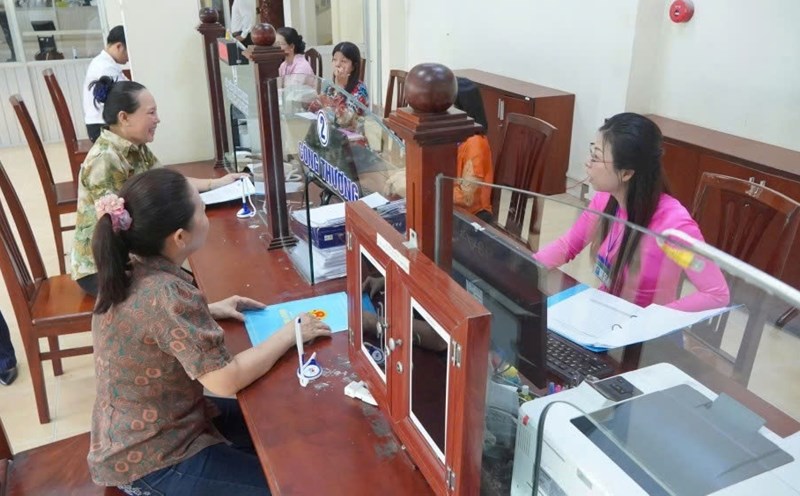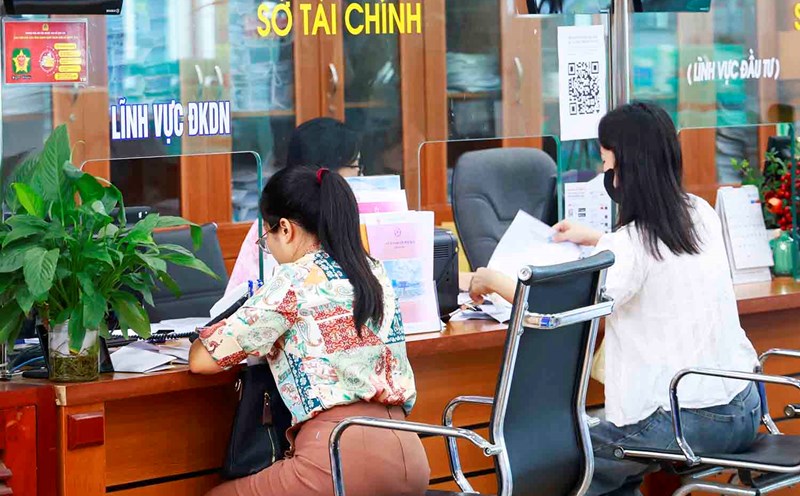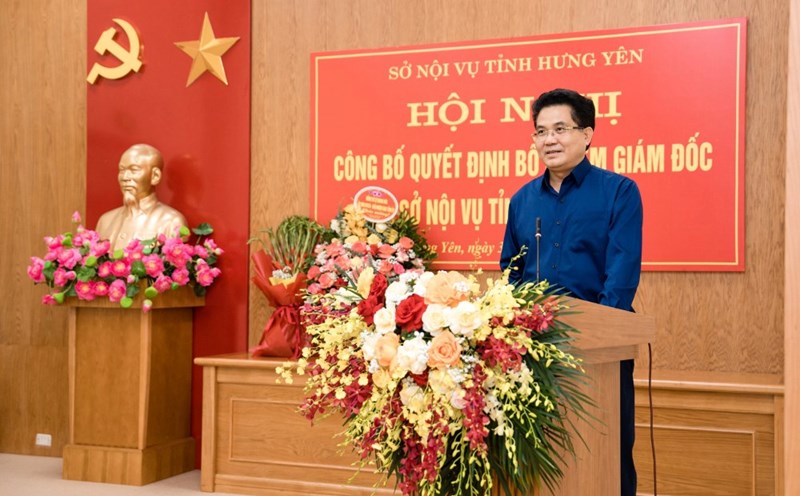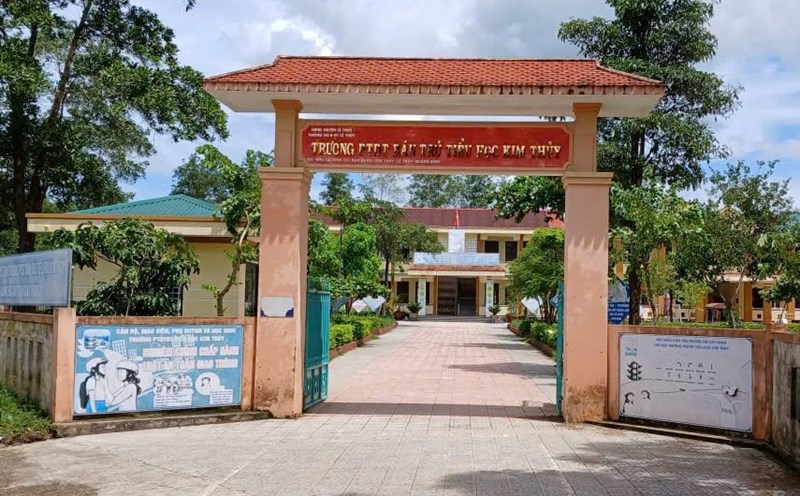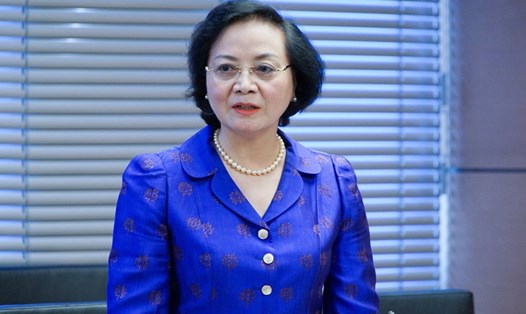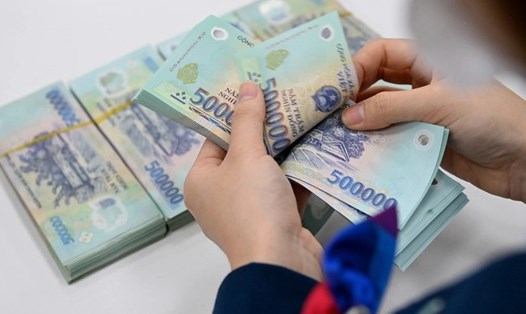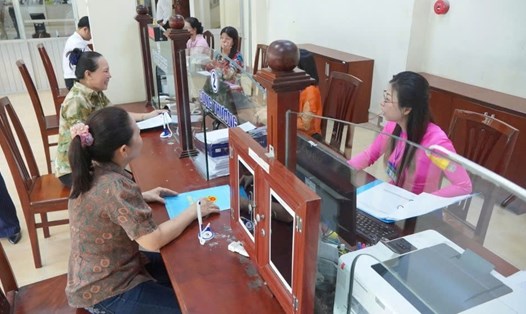Continuing the 10th Session, on the morning of October 22, Minister of Home Affairs Pham Thi Thanh Tra, authorized by the Prime Minister, presented the draft Law on Civil Servants (amended).
The draft law has innovated the recruitment, use, and management of civil servants according to job positions.
First, implement the management and use of civil servants according to job positions, thereby clearly stipulating that the recruitment, management, arrangement and use of civil servants must be based on the requirements of the job position and the capacity and effectiveness of the civil servant in performing his/her duties; do not conduct exams or considerations for promotion of civil servant professional titles.
Innovating civil servant recruitment work in the direction of clearly defining the form of competitive exams, public recruitment, equality and acceptance for high-quality human resources. Public service units are proactively selecting recruitment methods suitable for their sectors and fields of operation, towards a professional and modern governance model.
For cases of civil servants and public employees working at new public service units, the procedures for job transfer shall be carried out.
Expand the rights of civil servants in the direction of stipulating the conditions for civil servants to sign contracts to perform professional activities at other public service units other than the public service unit currently working or at other non-public agencies, organizations and units.
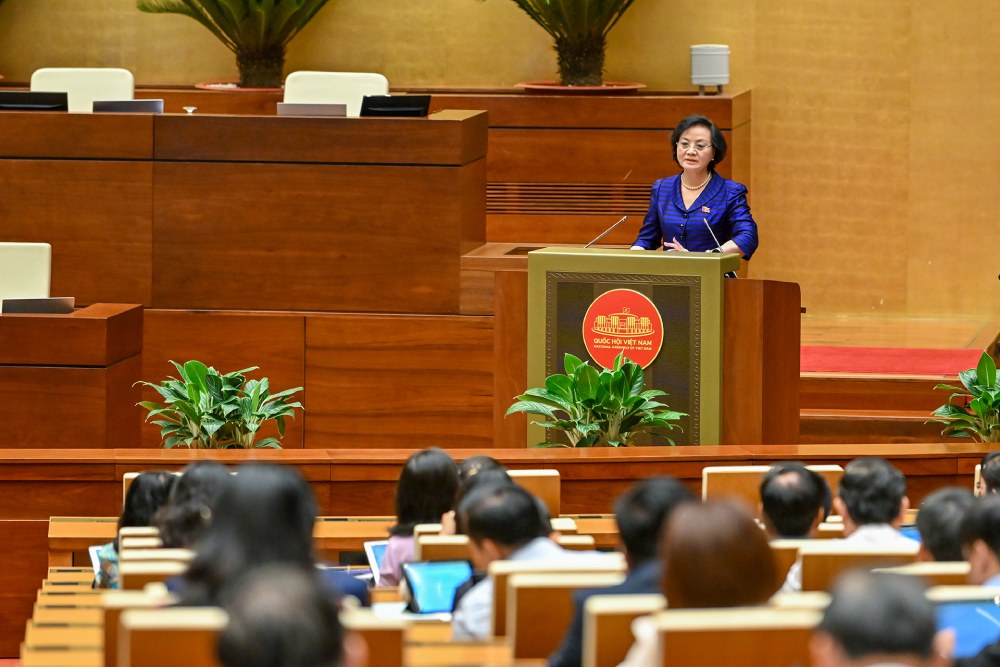
Officials working in public science and technology organizations and public higher education institutions are allowed to contribute capital, participate in business management and operation, work at enterprises established by those organizations or participate in the establishment of such organizations to commercialize research results generated by those organizations when approved by the head of the organization.
In case the management official is the head of a public science and technology organization or public higher education institution, he/she must have the consent of the person directly managing the organization.
Supplementing regulations to encourage and protect civil servants to innovate, dare to think, dare to do, dare to break through, dare to take responsibility for the common good.
Innovating the mechanism for determining job positions in the direction of clearly defining 3 groups of job positions in public service units, including: Management job positions ( job positions in leadership and management positions appointed according to Party regulations and law).
Professional and technical job positions according to each major at public service units (for these positions, they must meet the standards and conditions of the Ministry of specialized management).
Supported job positions (including shared job positions to serve the operation of public service units such as finance, accounting, staff organization, offices, etc.), excluding service positions such as drivers, security guards, match workers, etc.
Implement the application of digital technology, build a national database on civil servants to ensure publicity and transparency in evaluating, managing and developing the civil service team.
The draft Law on Public Employees (amended) supplements regulations on resource connectivity between the public and private sectors with the aim of creating a mechanism to attract and promote high-quality human resources to work in the public sector.
The implementation of salary and bonus policies according to job positions for civil servants will continue to be implemented according to the current salary table until salary reform according to Resolution No. 27-NQ/TW.

